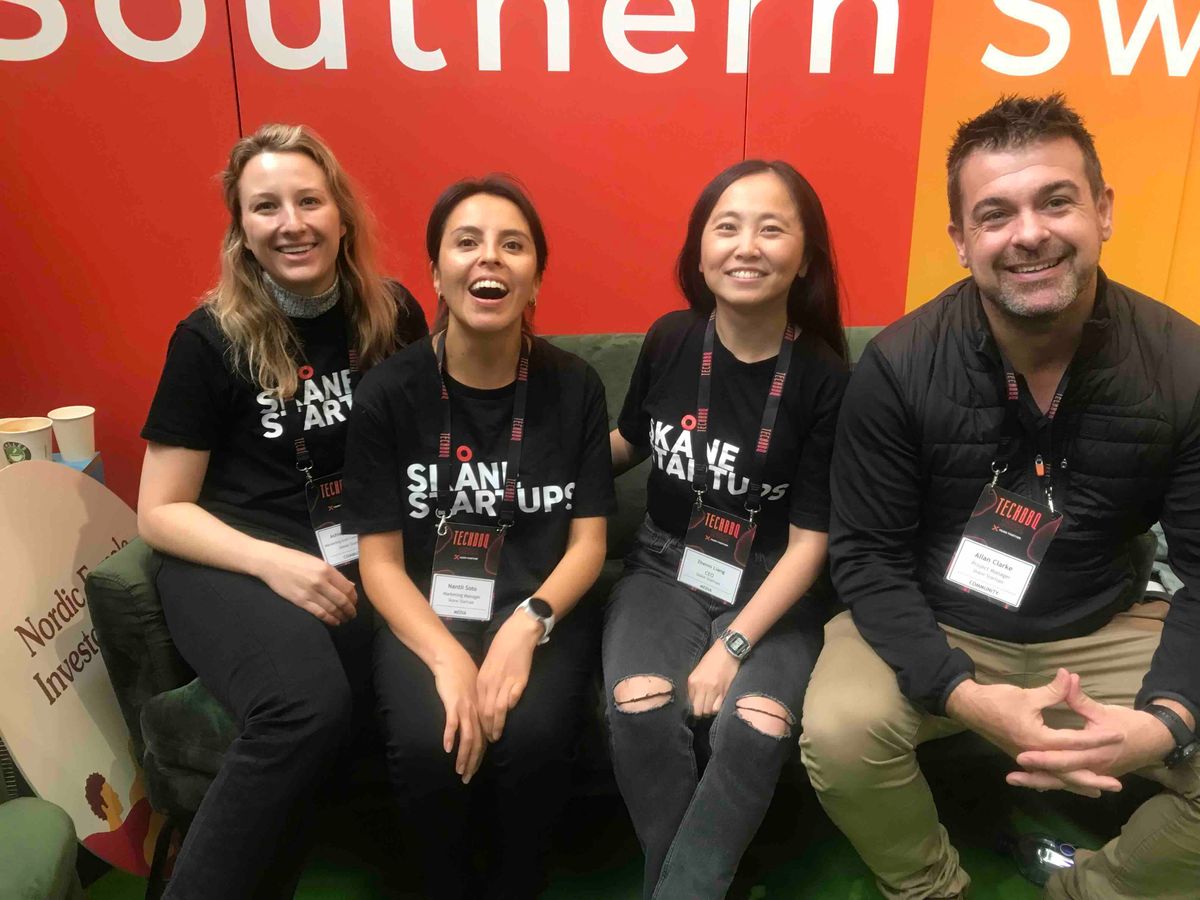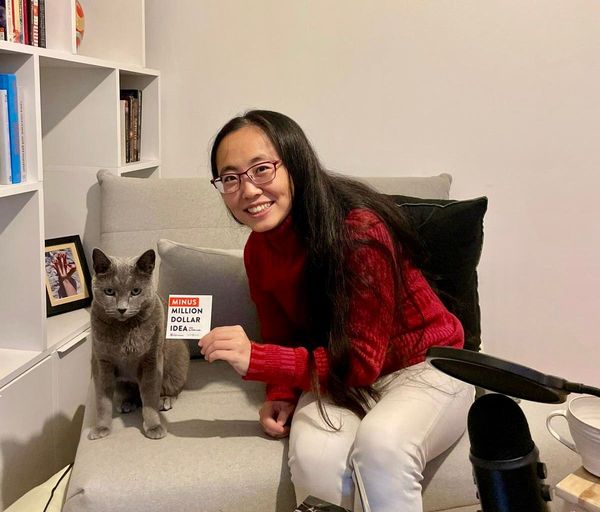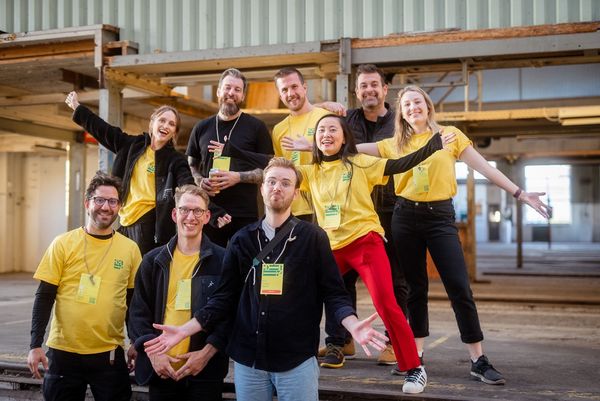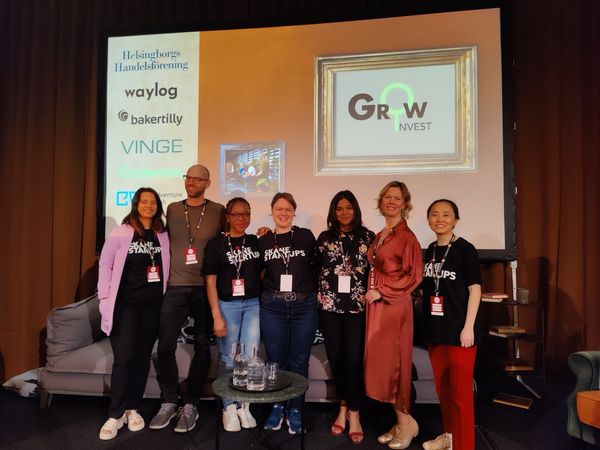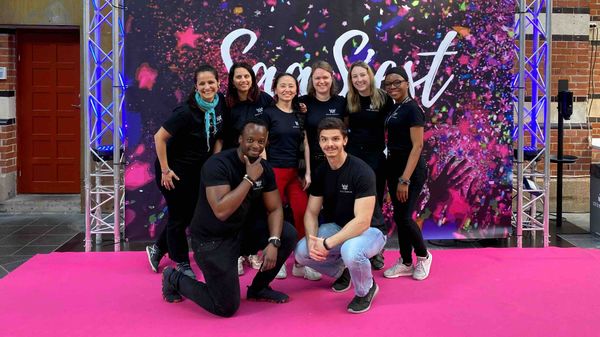TechBBQ has established itself as the premier gathering in Copenhagen for startups, investors, organizations, and companies. Since its inception in 2012, this highly anticipated event has evolved into a vibrant hub where over 310 esteemed speakers, 600 Venture Capitalists and business angels, 1800 representatives from innovative startups, and 400 community partners converge each year.
The event truly fosters valuable connections and enabling the exploration of promising opportunities. I was glad our team joined the the Southern Sweden delegate at TechBBQ 2022 as it was relocated to a dynamic new venue housed within a locomotive workshop. It provides an expanded environment conducive to hosting stages, exhibitions, networking spaces, and matchmaking areas.
The program is quite comprehensive across multiple stages, featuring engaging conferences, fireside chats, panels, and presentations. If you'd love to learn more about Danish tech ecosystem, The Danish Startup Bible is a good read. Download here.
Many investors showed great interest about Skåne region. Venture capitalist Tim Draper visited our booth and met with some local startups. Also, I'd love to share a few learnings from the conference.
Danish startups need more capital and talents
Denmark has witnessed the birth of 11 remarkable unicorns since 2000, as reported by Innovation Centre Denmark. However, it is disheartening to note that seven of these unicorns have chosen to relocate their headquarters outside of Denmark. The underlying factors behind these decisions remain consistent: the challenges in accessing both talent and financing. From my view, it seems to be a common challenges across the Nordic region.
It seems that the influx of international talent to Denmark has reached a standstill, failing to meet the demands of businesses in dire need of skilled professionals. The panelists emphasized that governments should take decisive actions to combat this pressing issue. These actions encompass initiatives such as reducing taxation burdens on investments, incentivizing students to stay in Denmark post-graduation, and eliminating counterproductive policies that hinder highly educated talents from contributing to Denmark's workforce.
The government officials must foster a collaborative dialogue with startups and fortify its position as a thriving ecosystem for talent attraction and retention, paving the way for sustained innovation and economic growth.
The Global Tech Trend
At the heart of Global Tech Trends lies a comprehensive collection of 20 concise reports, exploring distinct technological trends. These trends have been meticulously curated and cultivated by the seven innovation centers, situated in prominent global innovation hubs including Silicon Valley, Boston, Munich, Tel Aviv, Seoul, Shanghai, and Bangalore. Each report encapsulates a overview of the featured technology, delving into its potential impact and providing a succinct analysis of its business potential businesses for decision-makers.
From the report on electrification of transportation, it's interesting to learn that China dominates approximately 80% of the crucial raw materials necessary for the production of electric vehicle (EV) batteries. The global leader in battery manufacturing, CATL, based in China, supplies companies such as Tesla and Volkswagen. In Denmark, the Chinese battery manufacturer BYD has become the primary provider for the majority of buses, while Xpeng Motors, a Chinese EV company, has recently made its entry into the Danish market.
Diversity isn't just about gender
Diversity encompasses far more than just gender and ethnicity, according to Nora Bavey from Unconventional Ventures during one of the panel discussions. Diversity encompasses a range of other dimensions such as age, sexual orientation, disability, socioeconomic background, educational background, and more. It recognizes that individuals bring unique perspectives, experiences, and strengths to the table based on their diverse backgrounds and identities.
Nora Bavey said that we could include additional team members to join the meetings. This simple practice can help the team get new perspectives, ideas, and help others to feel listened to and included. Embracing diversity goes beyond fulfilling representation quotas; it is about creating an inclusive environment that values and respects the differences of all individuals.
Regrettably, The Danish Startup Bible lacks enough coverage of diversity and inclusion topics. It would be valuable to incorporate relevant statistics on the diversity of founding teams and management teams in startups as they expand their business internationally. Understanding the demographic composition of these teams can provide insights into the level of diversity and inclusion within the startup ecosystem and shed light on potential areas for improvement.
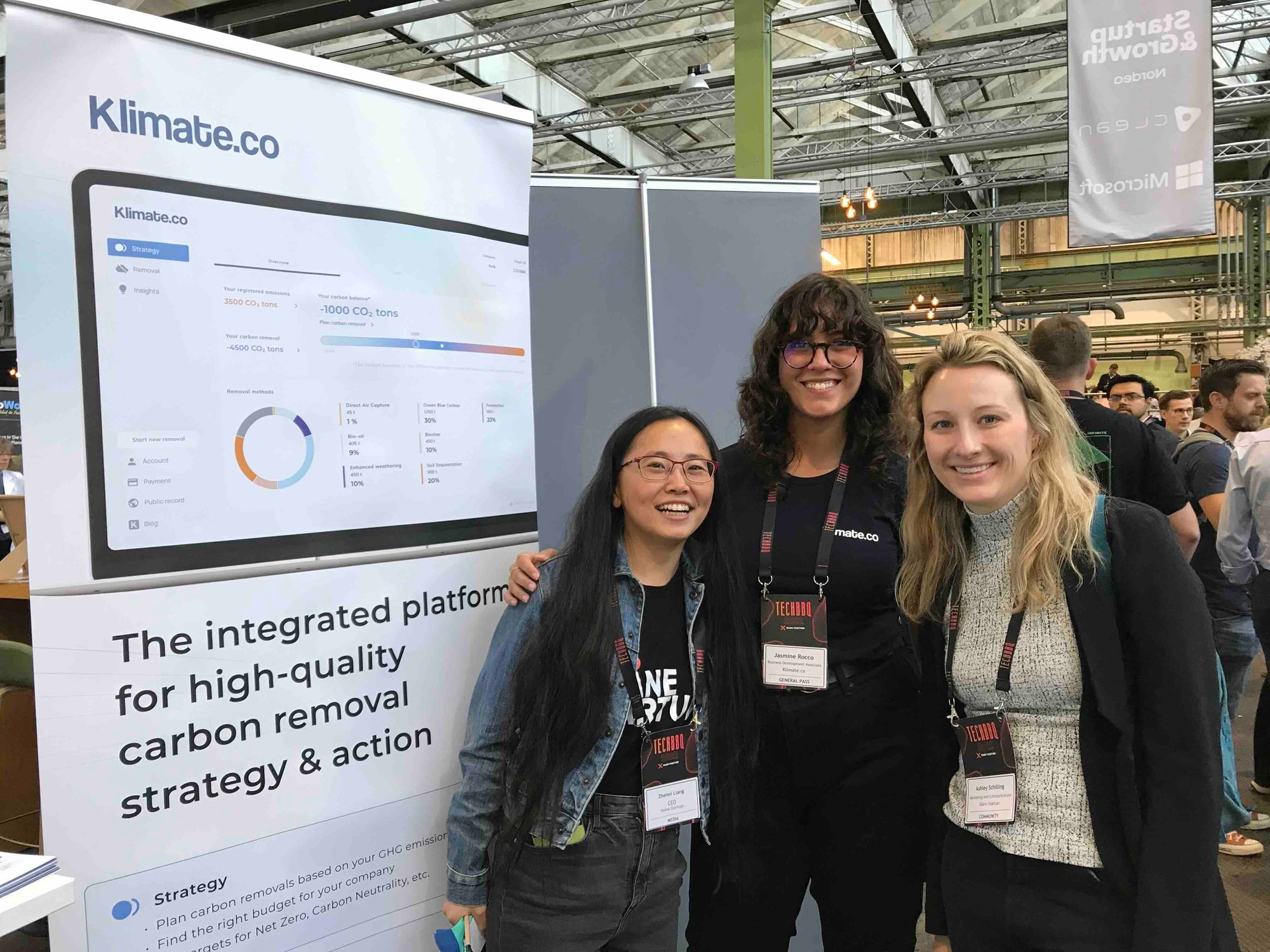
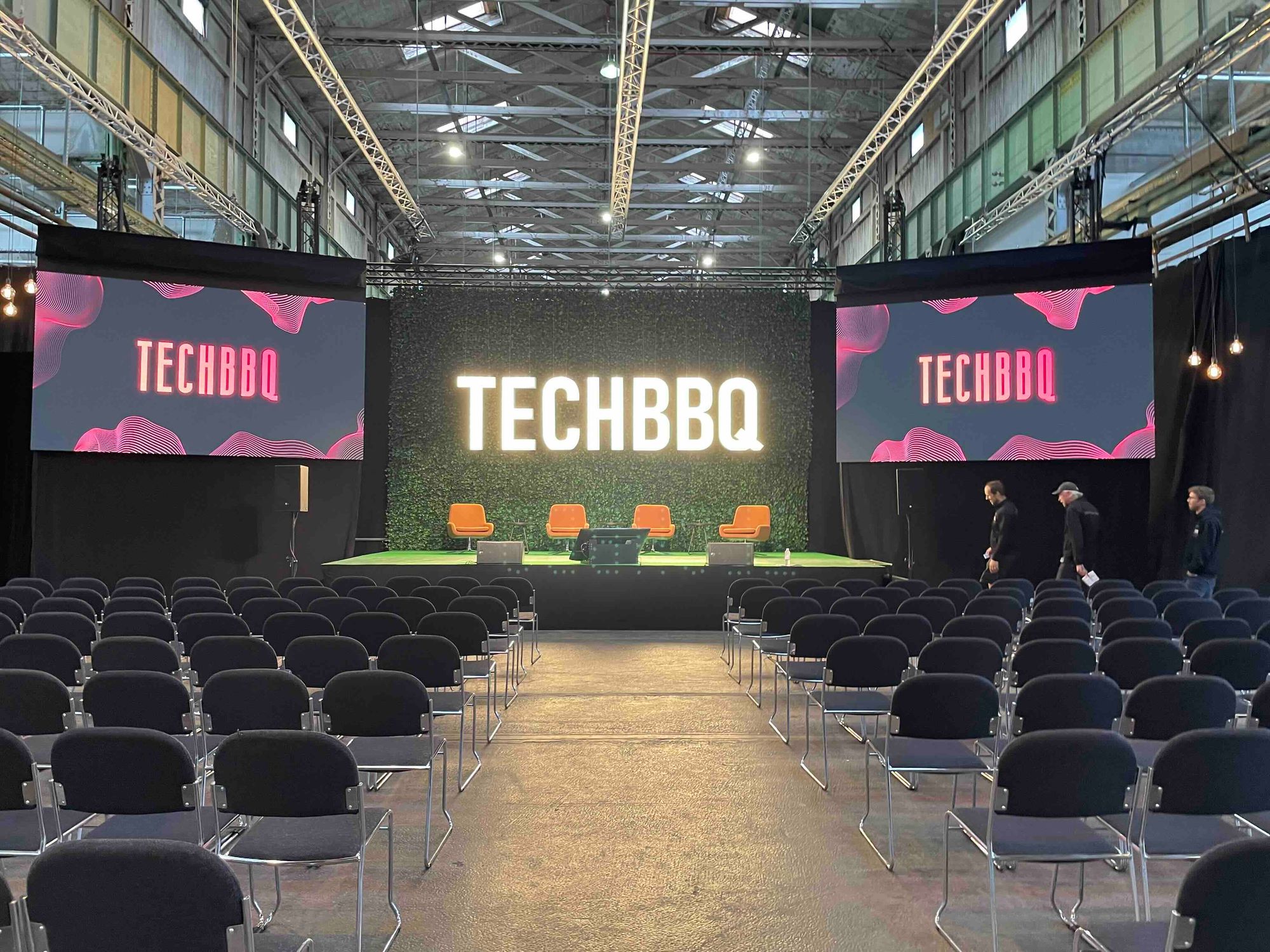
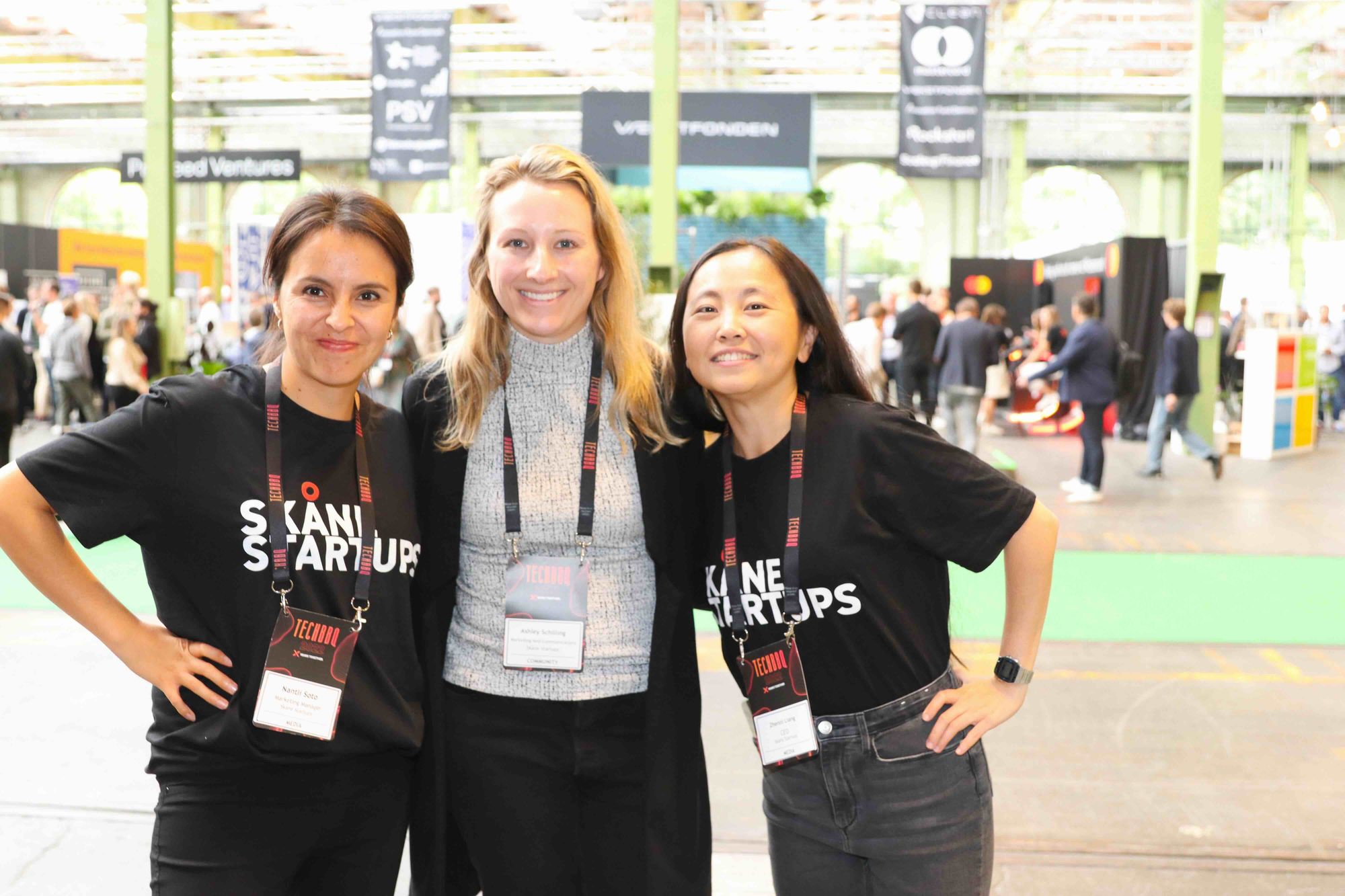
My team and I were visiting startups and investors


